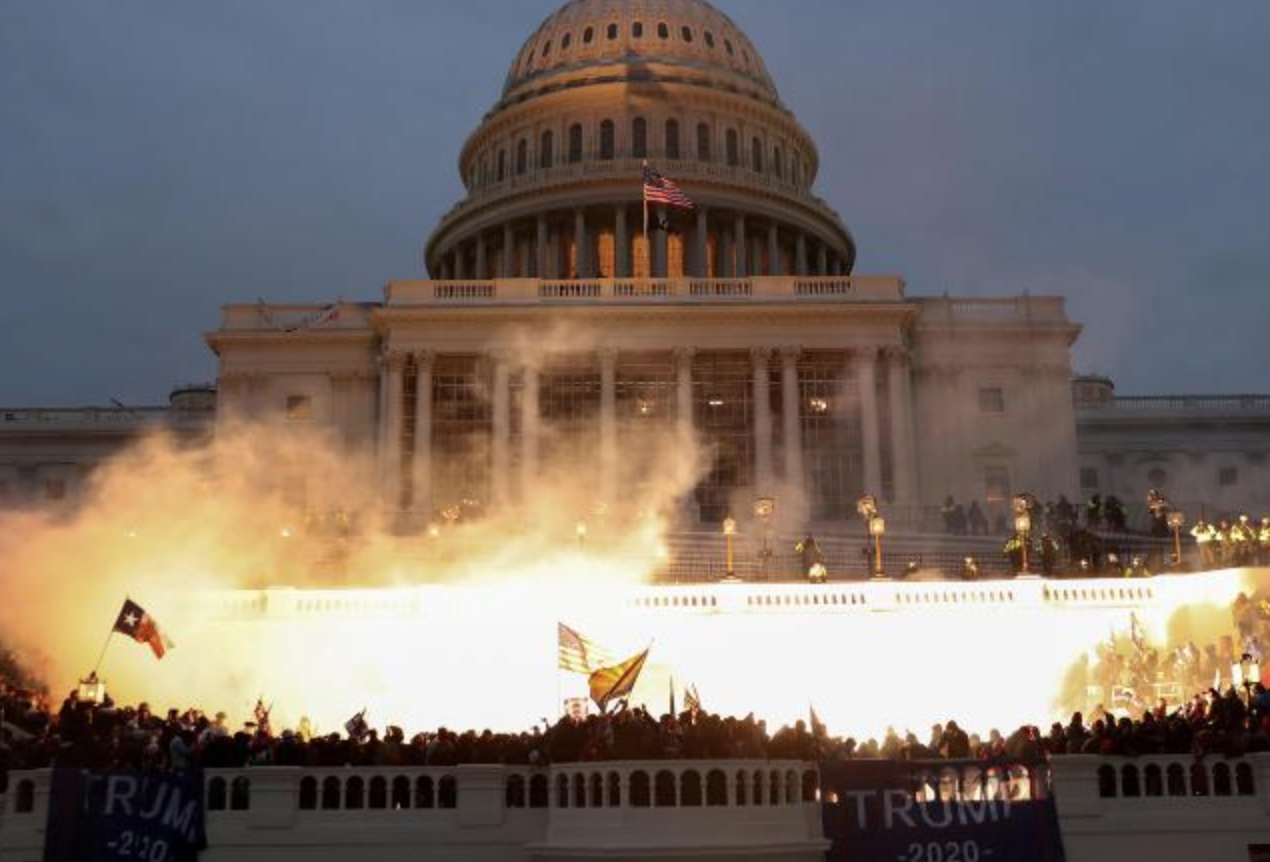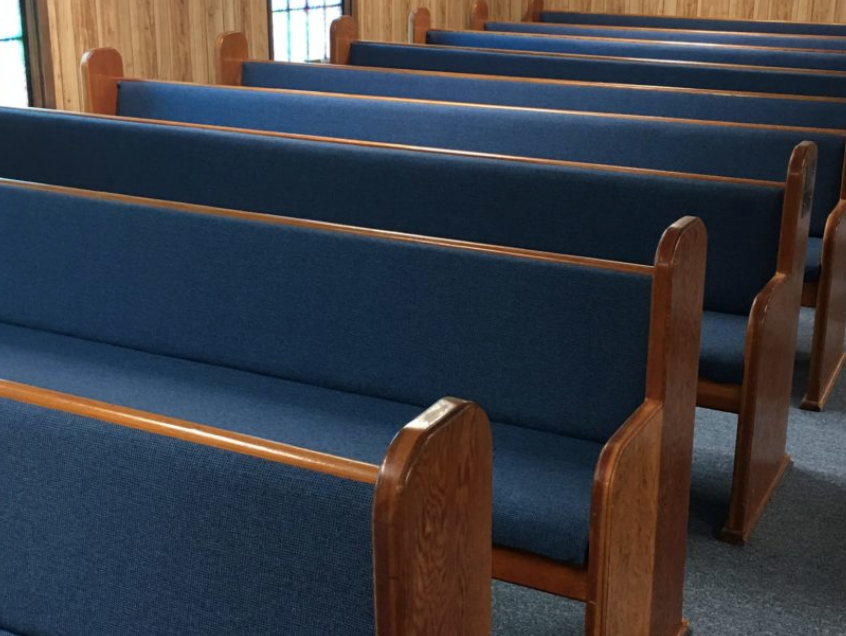What ails the United States of America? Why have some serious thinkers even talked about a second “civil war”?
Both journalists and religious leaders should be pondering that on July 4th. Consider some recent media coverage.
To begin, America’s religious center is imploding. Political scientist Ryan Burge (also a GetReligion contributor) calculates that if nine major Protestant denominations — especially the old “mainline” — had only kept pace with national population growth they’d have 21 million more members than they actually do. (Meanwhile, non-denominational independents surge.) And Burge analyzes the significant increase of Americans, and especially Democrats, who never attend worship.
Obituaries remind us how Pat Robertson, alongside fellow Virginia clergyman Jerry Falwell and others, unexpectedly rallied a sector of conservative Christians and upended American politics and religion -- as well as mass-media treatment of religion.
Culture wars envelop Disney, Target and Budweiser, and the Los Angeles Dodgers even honored a group that mocks the Catholic faith (pious Branch Rickey spins in Ohio grave).
One-year anniversary reporting conveys nationwide tumult since the Supreme Court returned abortion policy to Congress and 50 state legislatures.
Then consider all the fears and furies over fentanyl deaths, teen suicide, urban crime, border chaos, race and reparations, college admissions, impeachment, gerrymandering, 2020 rehash, January 6, COVID-19 policy, gender transition laws and pronoun wars, LGBTQ+ rights and religious rights, “Christian nationalism,” “cancel culture,” “woke” classrooms, sliding test scores, book-banning, guns and whatever else you’d like to add.










